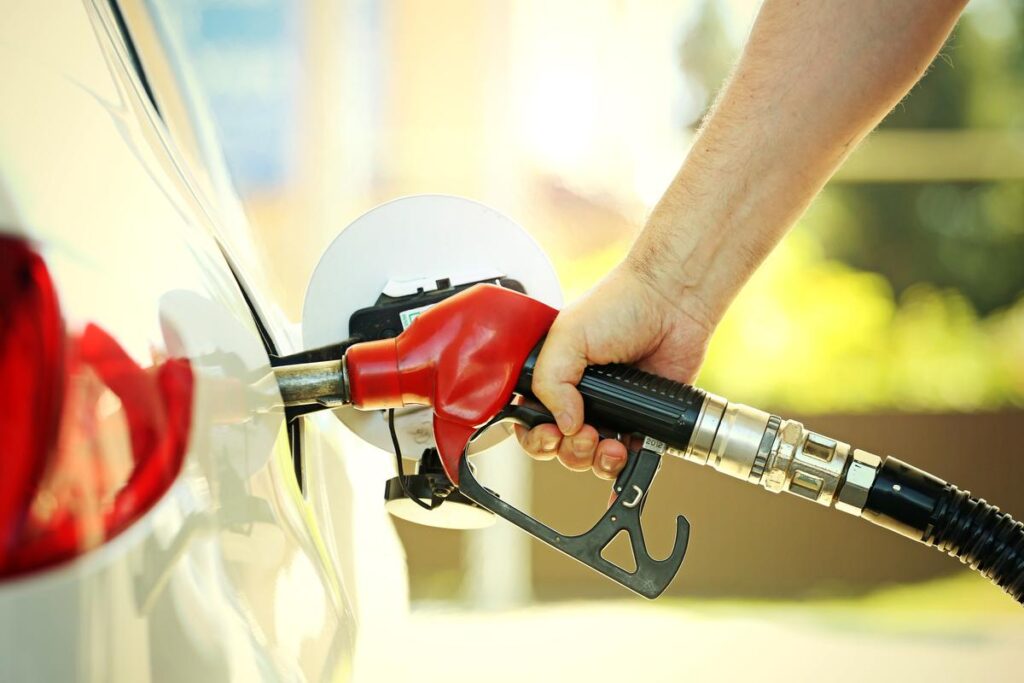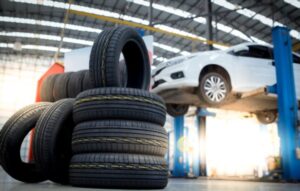Tires are more than just round pieces of rubber that keep our vehicles moving. In fact, they play a crucial role in determining our vehicle’s fuel economy. Many drivers are unaware of the significant impact that tires have on their MPG (Miles Per Gallon). So, if you’re trying to make the most out of every drop of fuel, it’s time to delve deeper into the realm of tire knowledge and uncover the secrets that lie beneath their black, grooved surfaces.
Rolling Resistance: Enhancing Efficiency Mile by Mile
The rolling resistance of tires refers to the force required to keep them moving along the ground. This resistance varies depending on the type of tire and its design. Tires with a lower rolling resistance require less energy, resulting in increased fuel efficiency. By opting for tires specifically engineered to reduce rolling resistance, drivers can expect a noticeable boost in their MPG. Not only will this help in saving valuable pennies at the pump, but it also contributes to a greener, more sustainable future.
Tire Inflation: The Importance of Finding the Sweet Spot
Most drivers know that proper tire inflation is critical for safety, but what they might not realize is that it also plays a significant role in fuel economy. Underinflated tires create excess drag, causing the engine to work harder to maintain speed. On the other hand, overinflated tires can lead to reduced traction and a harsher ride. To strike the perfect balance, it’s essential to consult your vehicle’s manufacturer recommendations or seek professional advice. By keeping your tires properly inflated, you can improve your vehicle’s fuel efficiency by up to 3%. Plus, you’ll enjoy a smoother, more comfortable ride that will make every journey a pleasure.
Tire Material: The Foundation for Fuel Efficiency
Believe it or not, the type of material used to construct your tires can significantly impact your vehicle’s MPG. Many tire manufacturers are now incorporating advanced technologies and innovative materials into their products. For instance, eco-friendly tires often feature lower rolling resistance compounds, resulting in reduced fuel consumption. Additionally, specialized silica-based tread compounds enhance grip and longevity, ensuring optimal performance in various weather conditions. Investing in high-quality tires made from advanced materials might be a slightly higher upfront cost, but the long-term savings on fuel and increased safety make it a wise decision.
Aerodynamics: The Role of Tire Design
While it may seem surprising, the design of your tires can also have an influence on the wind resistance your vehicle faces. Tires with special grooves, treads, and sidewall designs can help improve aerodynamics by reducing turbulence and drag. Manufacturers are constantly researching and introducing cutting-edge tire designs to enhance fuel efficiency. By carefully selecting tires with improved aerodynamics, drivers can reduce fuel consumption, enjoy a quieter ride, and even reduce the wear and tear on other vehicle components.
In conclusion, understanding the vital role that tires play in fuel economy is crucial for conscious drivers aiming to maximize their MPG. By selecting the right tires, managing tire inflation, considering advanced materials, and taking advantage of innovative designs, both fuel efficiency and overall driving experience can be dramatically improved. So, the next time you’re in the market for new tires, remember the significant impact they have on your vehicle’s performance and make an informed choice for both your pocket and the planet. Your investment in the right tires will pay dividends in terms of savings, comfort, and a greener future.


